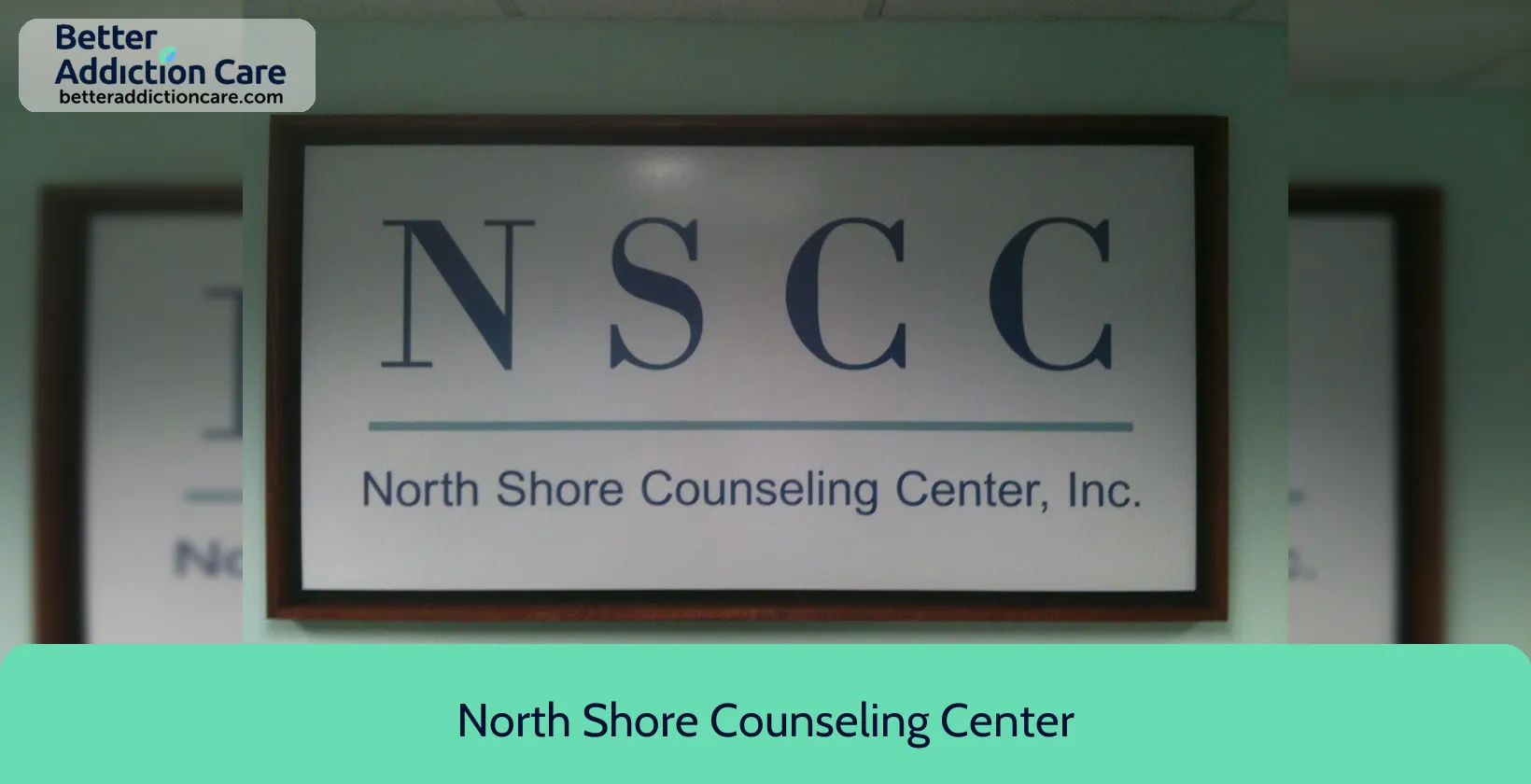North Shore Counseling Center
Overview
North Shore Counseling Center is a mental health treatment center for people seeking treatment near Essex County. As part of their treatment modalities for recovery, North Shore Counseling Center provides individual psychotherapy, couples/family therapy, and cognitive behavioral therapy during treatment. North Shore Counseling Center is located in Beverly, Massachusetts, accepting cash or self-payment for treatment.
North Shore Counseling Center at a Glance
Payment Options
- Cash or self-payment
- Medicaid
- Medicare
- State-financed health insurance plan other than Medicaid
- Private health insurance
Assessments
- Screening for tobacco use
- Comprehensive mental health assessment
- Comprehensive substance use assessment
- Screening for mental disorders
- Screening for substance use
Age Groups
- Children/adolescents
- Young adults
- Adults
- Seniors
Ancillary Services
- Chronic disease/illness management
- Court-ordered outpatient treatment
- Family psychoeducation
- Illness management and recovery
- Domestic violence services, including family or partner
Highlights About North Shore Counseling Center
6.96/10
With an overall rating of 6.96/10, this facility has following balanced range of services. Alcohol Rehabilitation: 8.00/10, Drug Rehab and Detox: 6.00/10, Insurance and Payments: 6.00/10, Treatment Options: 7.82/10.-
Alcohol Rehabilitation 8.00
-
Treatment Options 7.82
-
Drug Rehab and Detox 6.00
-
Insurance and Payments 6.00
Accreditations
State department of health:

Government agencies issue State Licenses, granting rehabilitation organizations permission to operate their businesses legally within specific geographic regions. The licenses needed for legal operation are typically determined by the type of rehabilitation program offered by a facility and its physical location.
Treatment At North Shore Counseling Center
Treatment Conditions
- Alcoholism
- Mental health treatment
- Substance use treatment
- Co-occurring Disorders
Care Levels
- Outpatient
- Regular outpatient treatment
Treatment Modalities
- Individual psychotherapy
- Couples/family therapy
- Cognitive behavioral therapy
- Dialectical behavior therapy
- Telemedicine/telehealth therapy
Ancillary Services
Special Programs
- Clients who have experienced trauma
Contact Information
Read our Most Recent Article About Drug Addiction
DISCLAIMER: The facility name, logo and brand are the property and registered trademarks of North Shore Counseling Center, and are being used for identification and informational purposes only. Use of these names, logos and brands shall not imply endorsement. BetterAddictionCare.com is not affiliated with or sponsored by North Shore Counseling Center.









